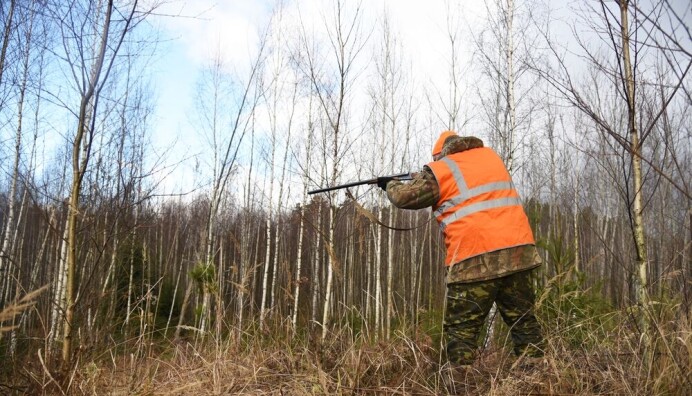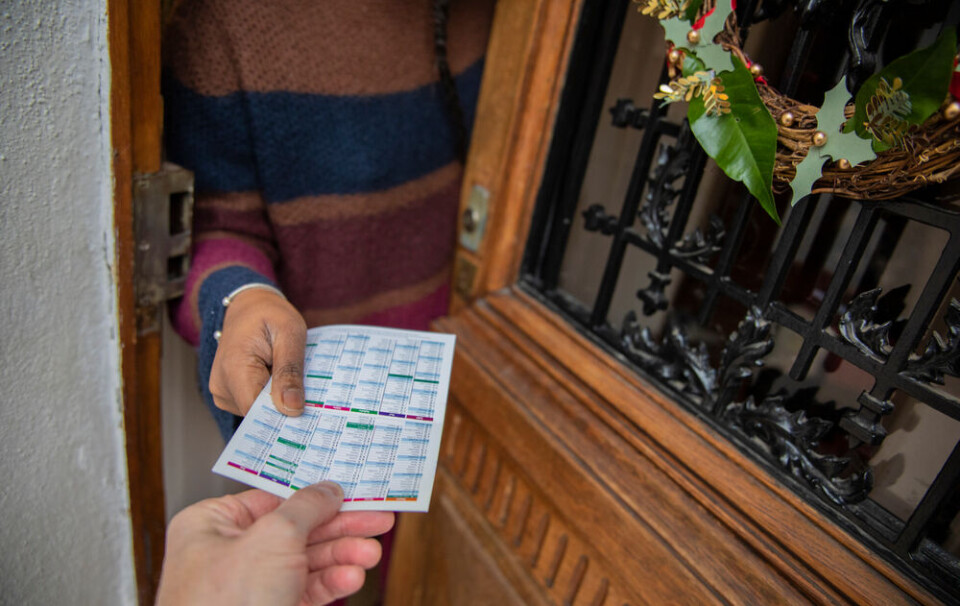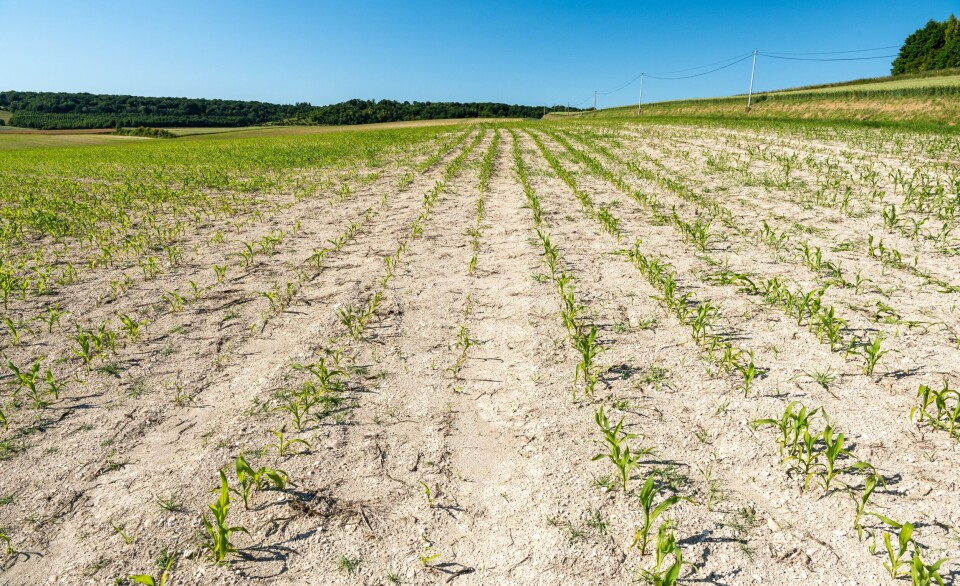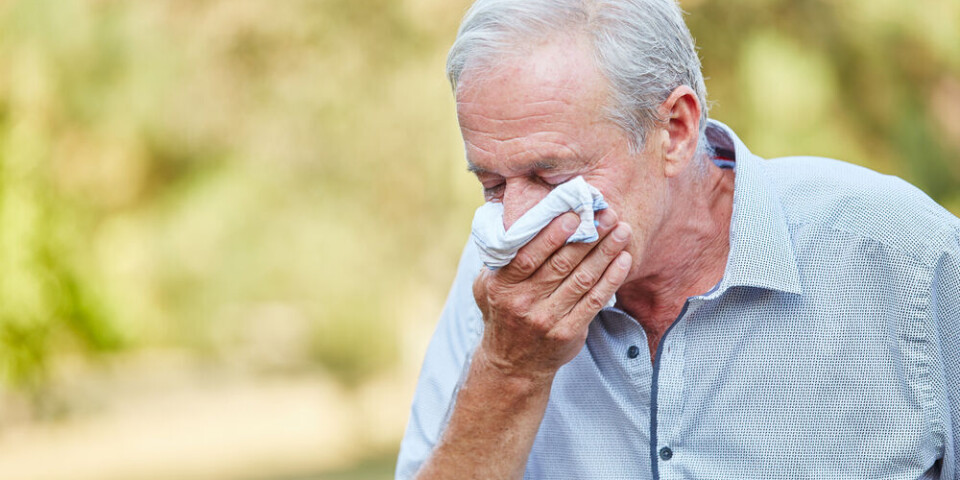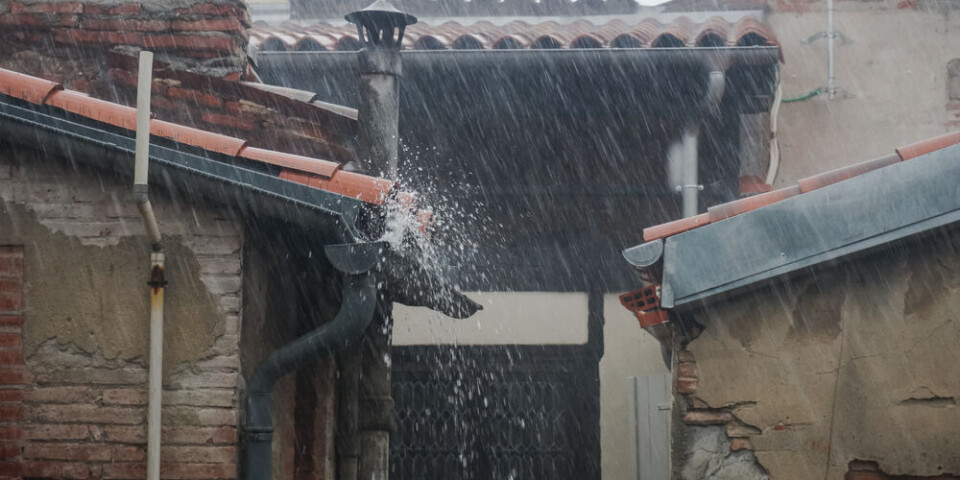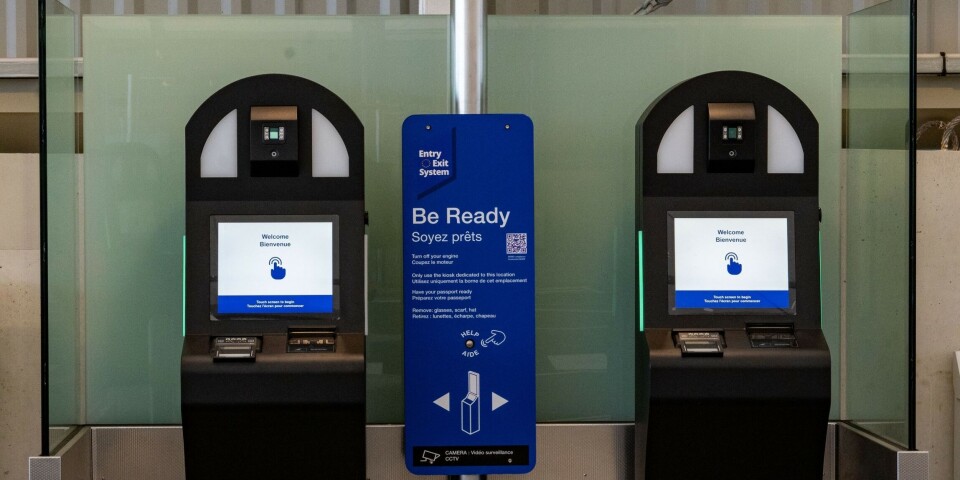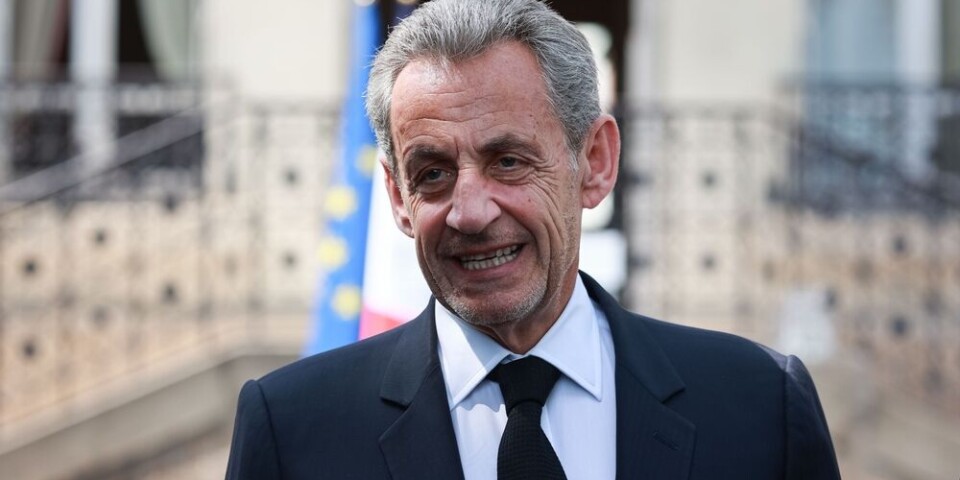-
Photos: heavy snowfall in Alps as winter closures for mountain passes begin
Forecasters expect snowfall to gradually reach lower altitudes before mid-November
-
Man dies after being shot during boar hunt in south-west France
Fellow hunter in his eighties was taken in by police for questioning
-
Beware of calendar-selling scams in France around Christmas: how to avoid falling victim
Fraudsters can pose as officials looking to sell calendars or raise funds
Covid-19 vaccine in France: Side-effect monitoring increased
France has established a number of rigorous systems to closely monitor any possible side-effects as the Covid-19 vaccines are rolled out

Plans to monitor the roll out of the Covid-19 vaccine - including any unwanted side-effects not picked up in the clinical trials - have been increased in France, partly to increase trust of the vaccine among the public.
National drug safety agency l’Agence nationale de sécurité du médicament et des produits de santé (ANSM) will use two monitoring systems: the first, known as “pharmacovigilance” (an already-established method for signalling of side-effects), and the second, looking at phamaco-epidemiology studies.
The overall aim is to monitor how well people are tolerating the new vaccines, if or how there are any unwanted side-effects, and how they develop in real-time.
The goal is also partly to increase transparency among the public in France. Recent polls have shown people in France to be among the most sceptical towards the vaccine worldwide.
A study from Ifop in early December showed the amount of people in France who said they would not get a Covid vaccination had risen to 61%.
Read more: Covid: Can the French be convinced to get vaccinated?
The ANSM systems will be in place from the end of December, when the first vaccinations will begin among priority groups such as frontline healthcare workers, and vulnerable elderly people.
Read more: Easy-look timetable for France five-stage Covid vaccine plan
There are 31 regional pharmacovigilance centres in France - centres régionaux de pharmacovigilance (CRPV) - which monitor and analyse all reports of unwanted medication side-effects.
These can be signalled by a health professional, agreed associations, and patients - via a health ministry portal, or via a CRPV directly.
The CRPV then analyses each report, and decides if the side-effect is linked to the medication, or due to an unrelated issue or cause. The data is then gathered nationally, and then added to the European database, EudraVigilance.
Any serious or new reports are sent to the ANSM, which can - if deemed necessary - lead to an alert, and new precautions to take.
This system has been tightened since the arrival of the Covid-19 vaccines, with the online portal being updated to make it easier and clearer to report and detect unwanted side-effects.
The new director of the ANSM, Christelle Ratignier-Carbonneil held a meeting on December 10, and reminded professionals and health associations of the importance of signalling any possible new side-effects. She also encouraged patients, families, and patient associations to be aware of the signalling system.
She said: “The challenge is to communicate declarations and explain how to do them.”
Artificial intelligence
A new artificial intelligence algorithm will also be used in a bid to better understand and interpret declarations made, and to help sift through large numbers of reports without overloading the platform.
Public health doctor Dr Clément Goehrs is the co-founder of the medical start-up Synapse Medicine, which has been working with ANSM on the system for several months.
He told newspaper Le Monde: “Based on all the pharmacovigilance cases recorded in France over the last five years, we trained an algorithm to read the files and analyse the real-time reports by suggesting the most appropriate medical terms.
“In this way, the software will code the side-effect according to the official MedDRA classification, as pharmacovigilant teams normally do, and it will make a judgement to file it as serious or not serious, taking into account all the parameters.”
This AI is set to be used from mid-January, with the research article currently being published.
Dr Annie-Pierre Jonville-Béra, of the pharmaco‐epidemiology unit at the CHU Tours, said: “CRPV professionals will continue to analyse all files systematically, but this artificial intelligence system will enable us to prioritise [the most serious cases].”
Side-effect signalling
The CRPV has asked that only new and unknown side-effects be signalled via the system.
Until now, the most-common side-effects reported have been well-known, and non-serious issues, such as light pain and swelling at the site of injection, or fatigue and slight fever afterwards. These are well-known issues that can happen after any vaccination, and are not considered to be dangerous or problematic.
Ms Ratignier-Carbonneil said: “We are asking that the signalling be pertinent and useful, of symptoms that [are serious enough to need] a medical appointment or hospitalisation.”
Each CPRV centre will share its data in real-time with the ANSM, with a weekly update compiled of the data, which will then be made public.
Elderly care homes
People in elderly care homes - who will be among the first to receive the vaccine - will be subject to particularly sensitive monitoring. This is because there was limited data on the effect of the vaccines on very elderly people during the clinical trials.
Half of care home residents are over age 87, so it is considered likely that a proportion of them will have health issues, or even die, after having the vaccine - without the vaccine being responsible.
Care homes will therefore receive extra monitoring by medical research institute Institut national de la santé et de la recherche médicale (Inserm) and geriatric society la Société française de gériatrie et gérontologie (SFGG).
Further studies: Hypotheses and autoimmune reactions
The vaccine monitoring plan will also look at pharmaco-epidemiology studies from the Epi-Phare group, a group of ANSM and Assurance-maladie scientists.
Among their work, these studies will compare the vaccinated population with the unvaccinated, in order to even better detect any unwanted side-effects. There will be particular focus on at-risk groups such as the elderly, those with underlying conditions, and the very young.
All possible side-effects will be investigated. The hypothesis that vaccination could exacerbate Covid-19 will also be investigated.
Professor David Klatzmann, director of the immunology-immunopathology-immunotherapy unit at the Pitié-Salpétrière hospital (AP-HP), is also set to launch a study to observe any autoimmune reactions that may occur after vaccination.
He told Le Monde: “We have no doubt about the favourable risk-benefit ratio of these vaccines, but even if immune pathologies remain very rare events, we absolutely must look for them in order to determine whether, if need be, certain particular profiles should be excluded from vaccination.”
He will also consider whether immuno-suppressed patients (such as those being treated for cancer, with HIV, or have an autoimmune condition) respond to the vaccine in the same way as others.
Related stories
France to closely monitor side-effects of Covid-19 vaccine







